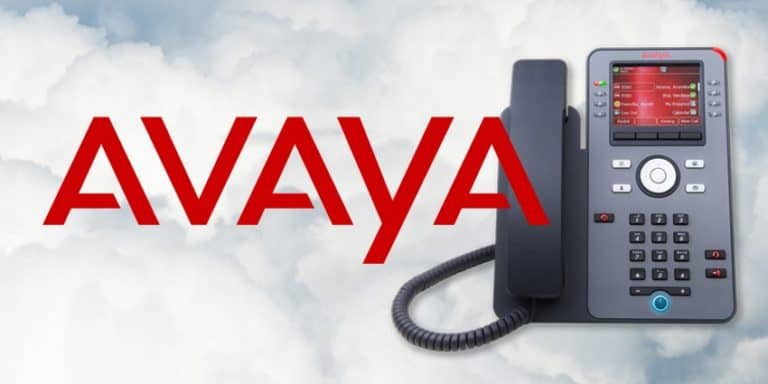Telecommunications equipment manufacturer Avaya Holdings would be in talks with competitor Mitel Networks to merge. This would amount to USD 2 billion (EUR 1.8 billion). That’s what insiders say about the Wall Street Journal.
According to those insiders, Mitel offers between 20 and 22 dollars per share for Avaya. That is an amount between 2.2 billion and 2.4 billion dollars. This offer is more than 50 percent above the share price of Avaya in March.
However, an agreement between the two companies is not a guarantee. Mitel may come across other players. These would mainly be private equity companies, which have also expressed an interest in Avaya. If there is a deal between Avaya and Mitel, the insiders say it could happen next month.
Previous acquisitions
The conversations between the two companies follow as they compete with Cisco and other companies to meet organizations’ growing demand for cloud-based, unified voice, messaging and other services. The Canadian Mitel is looking for collaborations that will give them a better position to do so.
Mitel lost in 2016 to Siris Capital Group in bidding on videoconferencing company Polycom. A year later, Mitel Shortel, a provider of cloud-based unified communications services, took over for $530 million. In April 2018, Mitel itself was acquired by private equity company Searchlight Capital Partners for USD 2 billion.
Avaya was acquired in 2007 by private equity companies TPG and Silver Lake for $8 billion. In the end, the cooperation did not go well and in 2017 the company had to apply for protection against bankruptcy. A year later, it was removed from this protection and the shares were placed on the New York Stock Exchange. Then shares were sold for $20.80. That’s well over $13.21 per share, which was the price when we first talked about a takeover.
This news article was automatically translated from Dutch to give Techzine.eu a head start. All news articles after September 1, 2019 are written in native English and NOT translated. All our background stories are written in native English as well. For more information read our launch article.